Introduction
Growing hemp can be a rewarding and profitable endeavor, but it requires knowledge and dedication. In this guide, we will provide you with tips and best practices to help you get started on your hemp growing journey.
Choosing the Right Seeds
One of the most important decisions you will make as a hemp grower is choosing the right seeds. There are different varieties of hemp seeds available, each with its own unique characteristics. Some seeds are better suited for fiber production, while others are more suitable for CBD extraction. It is important to research and choose seeds that are best suited to your specific needs and growing conditions.
Preparing the Soil
Hemp plants require well-drained soil with a pH level between 6 and 7. Before planting, make sure to test the soil and amend it as needed. Hemp plants also benefit from soil rich in organic matter, so consider adding compost or other organic amendments to improve soil fertility.
Planting and Watering
Plant hemp seeds in rows with adequate spacing between plants to allow for proper airflow and sunlight penetration. Hemp plants require consistent watering, especially during the germination and early growth stages. It is important to water your hemp plants regularly, but be careful not to overwater as this can lead to root rot.
Managing Pests and Diseases
Like any other crop, hemp plants are susceptible to pests and diseases. It is important to monitor your plants regularly for signs of pests or disease and take appropriate action to control them. Consider using organic pest control methods whenever possible to avoid harmful chemicals.
Harvesting and Processing
Harvesting hemp plants at the right time is crucial to ensure optimal yield and quality. Hemp plants are typically harvested when the flowers are fully developed but before the seeds mature. Once harvested, hemp plants can be processed for fiber, seed, or CBD extraction, depending on your intended use.
Conclusion
Growing hemp can be a profitable and sustainable venture, but it requires careful planning and attention to detail. By following the tips and best practices outlined in this guide, you can set yourself up for success as a hemp grower. Good luck!
FAQs
Q: Is it legal to grow hemp?
A: In the United States, hemp cultivation is legal under certain conditions outlined in the 2018 Farm Bill. However, it is important to check local regulations before starting your hemp growing operation.
Q: How long does it take to grow hemp?
A: The time it takes to grow hemp depends on the variety of seeds you choose and your growing conditions. Generally, hemp plants take around 3 to 4 months to reach maturity for harvest.
Q: Can I grow hemp indoors?
A: Yes, hemp can be grown indoors using hydroponic or soil-based systems. Indoor growing allows for more control over environmental factors such as temperature, humidity, and light exposure.

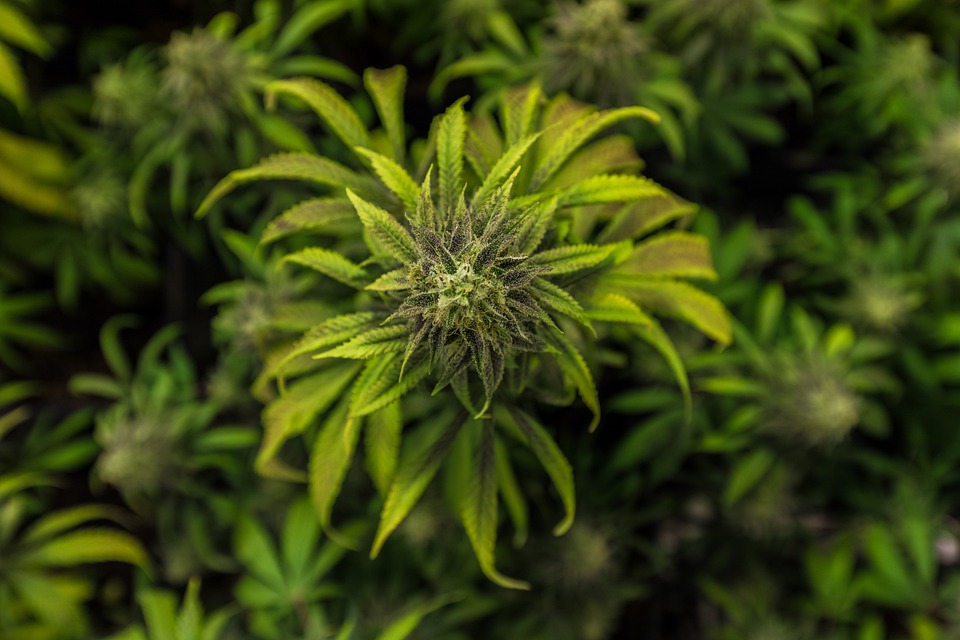
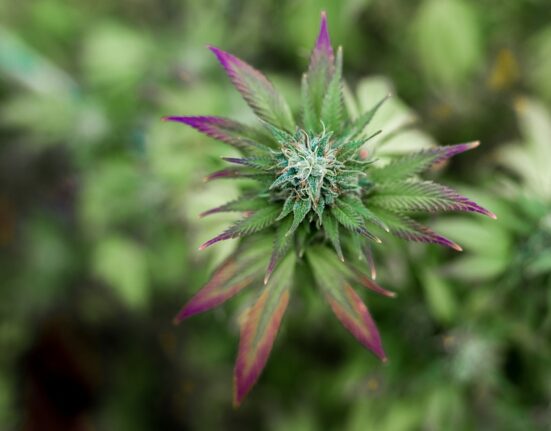
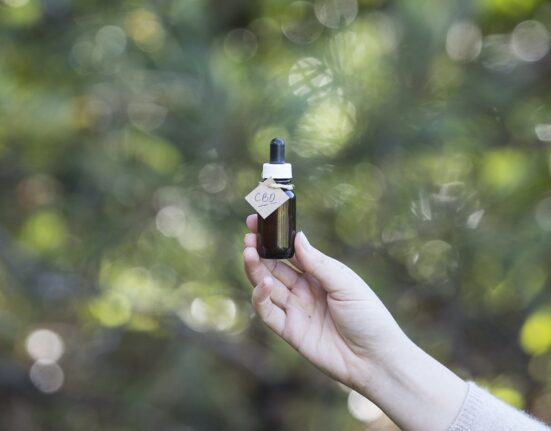
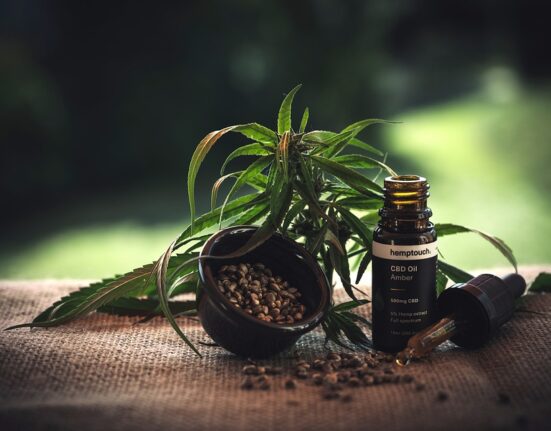
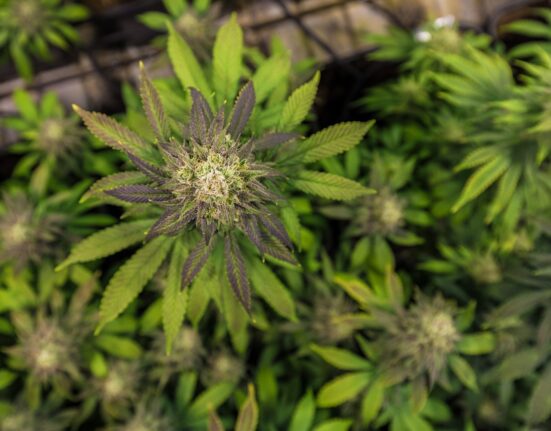
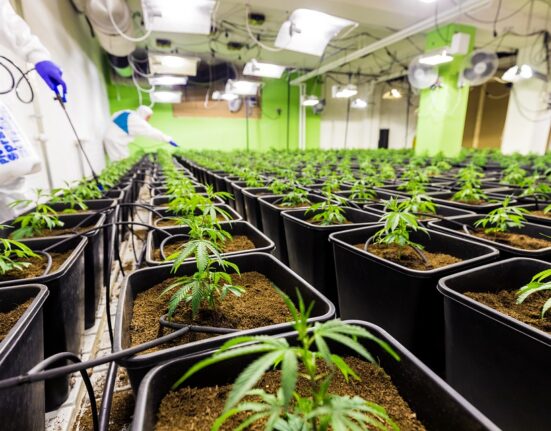
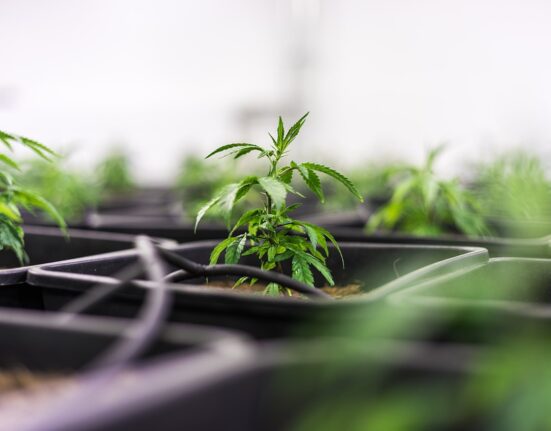
Leave feedback about this